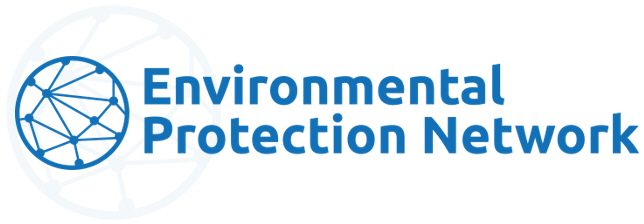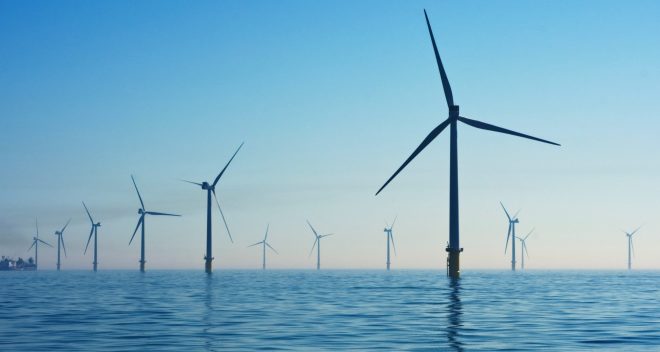Please share this information widely! And please sign up to receive these updates in your inbox every 2 weeks or so.
ICYMI, yesterday EPA announced $128 Million for Environmental Justice Projects in Communities Across the Country through its Environmental Justice Collaborative Problem Solving Cooperative Agreement and Environmental Justice Government-to-Government grant programs funded by President Biden’s Inflation Reduction Act.
In addition, TODAY, Wednesday, October 25th from 2-3 p.m. ET is the next (of many) EPN SAM.gov registration office hours where we’ll help you begin, continue, or finish up your registration process. As a reminder, federal funding applicants must have an active SAM.gov and Grants.gov registration in order to apply. We’re hosting others on November 8th and 22nd and December 5th and 20th. To sign up and get the Zoom link go to tinyurl.com/EPNSAM. Please email davina.resto@environmentalprotectionnetwork.org with any questions.
And, this just in—Communities First Fund’s (CFF) Rapid Response Fund will provide rapid response funding to support organizations’ or coalitions’ needs to position themselves or others to respond to infrastructure crises, movement moments, and time sensitive federal funding notices or rulemaking that require rapid mobilization. The Fund has a national scope with specific priority given to geographies that have historically received disproportionate public investment, including the Midwest and the South. Applications will be reviewed bi-monthly (1st Friday and 3rd Friday of each month) and awards will be determined by the CFF team. The Rapid Response Fund is limited to $1,000,000. Grants will be distributed on a rolling basis until the fund is spent down. Awards will range between $10,000 – $100,000 depending on scope and scale of the work funded.
Lastly, please find our biweekly(-ish) Federal Funding Opportunities and Guidance for new information and resources for organizations applying to federal funding.
1) Low-Income Communities Bonus Credit Program: Eligible applicants can now apply to receive a 10 or 20-percentage point boost to the energy investment tax credit for qualified solar or wind facilities that are in low-income communities or on Tribal land, are part of affordable housing developments, or benefit low-income households.
To allow the public time to prepare competitive applications, all applications received within the first 30 days (October 19th– November 18th) will be treated as having been received at the same time. After the first 30 days, applications will be accepted and reviewed on a rolling basis while capacity remains through early 2024.
To help applicable entities prepare for this opportunity, Lawyers for Good Government (L4GG) and the Clean Energy Counsel have created a Low Income Communities Bonus (LICB) Fact Sheet. They also note that there are limited allocations each year, so if you (or your allies) have a wind or solar project that will be completed within the next 12 months, is less than 5 MW, and may be in or benefit a low-income community, it is recommended that you review the fact sheet and prepare to file for an allocation ASAP.
Also, WRI recently put out a report on Catalyzing Local Clean Energy: A Roadmap for Maximizing Inflation Reduction Act Opportunities and Community Benefits. The guidebook provides a detailed breakdown of new clean energy tax credits and bonuses available to local governments and other eligible entities. It also includes several sample case studies showing how local governments can use these incentives in their clean energy planning as well as analyzing the savings and community benefits these incentives could provide to local governments of all sizes, types, and geographic locations.
2) DOE’s Clean Energy to Communities (C2C) program provides communities with expertise and tools to achieve their clean energy goals.
– Applications for their Peer-Learning Cohorts are open until Oct. 31 for the upcoming January 2024 launch. C2C’s Cohorts convene sets of up to 15 communities around a common clean energy topic over 6 months. Participants gather best practices, strategies, and tools from national lab experts, while also exchanging insights, experiences, and lessons learned with peers from across the US.
– Another program, Expert Match, accepts requests at all times, and requests are reviewed on a rolling basis. Expert Match provides 40–60 hours of technical assistance over the course of 3 months to help communities address short-term energy goals through tailored strategic support.
– Watch the recording of this recent C2C informational webinar to learn more. Feel free to reach directly to the team at C2C@nrel.gov with any questions.
3) Renewable Energy Siting through Technical Engagement and Planning (R-STEP). DOE announced that applications can now be submitted for a $10 million funding and technical assistance program to expand state and local government capacity to support the planning, siting, and permitting of large-scale renewable energy projects on private land. The deadline to apply is November 3, 2023, at 5 p.m. ET. Questions about the R-STEP program can be submitted to info@energywerx.org.
4) EPA’s Drinking Water System Infrastructure Resilience and Sustainability Grant Program. $19 million to assist public water systems in disadvantaged communities or communities with a population of less than 10,000 individuals to increase drinking water system resilience to natural hazards. Applications are due November 6, 2023.
5) DOE’s Communities Local Energy Action Program (LEAP) Cohort 2 is open for applications. Under this second phase of the initiative, DOE will provide technical assistance services valued at over $18 million to support 24-32 communities to develop and advance their own community-driven clean energy transition approach. The application deadline to apply is December 14, 2023, at 5:00 p.m. ET. Selections are expected to be announced in March of 2024.
6) EPA’s $500 million 2023 Clean School Bus Rebate program provides funding to school districts and other eligible applicants for electric school buses and charging infrastructure. Applications are due January 31, 2024, at 4:00 p.m.
WRI’s Electric School Bus Initiative is helping districts take advantage of this and other funding sources by providing free resources on the school bus electrification process, including a step-by-step guide, a power planner for working with electric utilities, and a market report/buyer’s guide detailing the electric school bus models on the road today. If you need help, please reach out to WRI for support.
7) The Climate Pollution Reduction Grants (CPRG) Implementation Grants Competitions EPA announced the availability of $4.6 billion across two implementation grant competitions, one general competition and one specifically for Tribes and territories. Under these competitions, eligible applicants will compete for CPRG implementation grants to fund measures in their state-, municipality-, Tribe-, or territory-specific climate action plans. As part of its evaluation of applications, EPA will prioritize measures that achieve the greatest amount of GHG emissions reductions. The deadline to apply to the general competition is April 1, 2024. The deadline to apply to the Tribes and territories competition is May 1, 2024.

